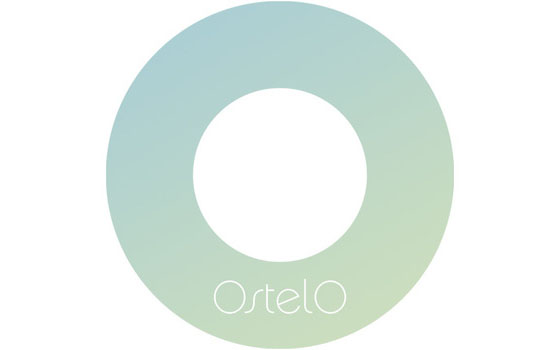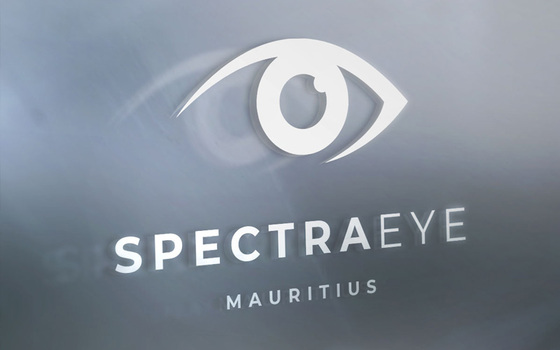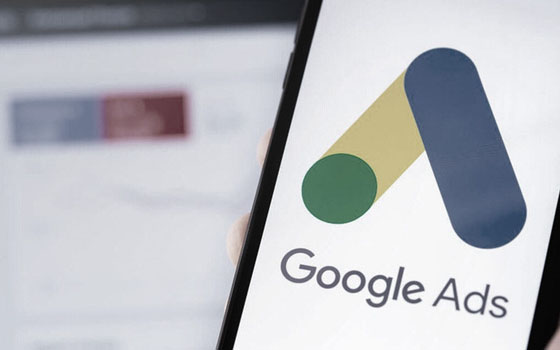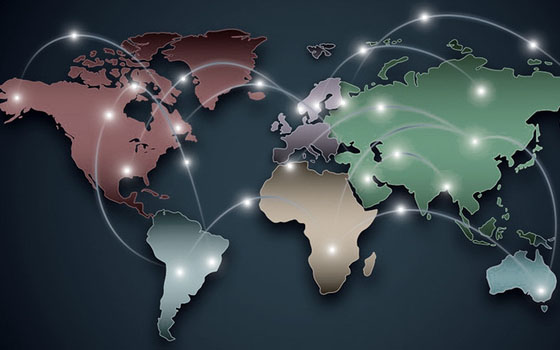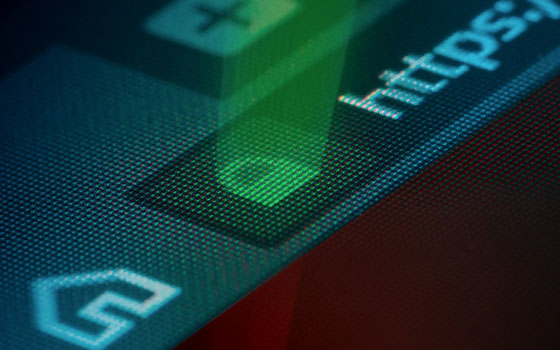Safeguarding Your Online Communications
In the vast realm of the internet, security has become a paramount concern for all users of cyberspace. Whether you're an individual, a business, or an organization in Mauritius, your online communications are constantly exposed to attacks and phishing attempts. Fortunately, there are effective guardians to protect your domains and emails: DKIM, DMARC, and SPF/DKIM validations.
Starting February 1, 2024, web giants like Google and Microsoft have decided to bolster their security policies by enforcing these protective measures. But what do they entail, and why are they so crucial?
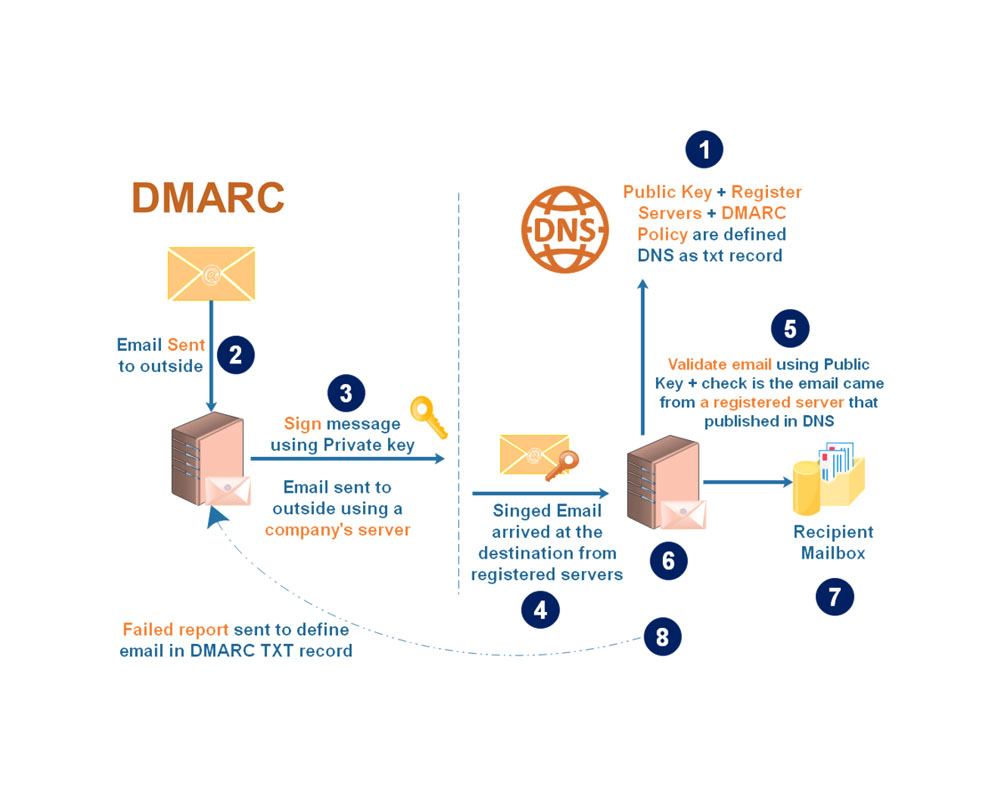
DKIM: The Digital Signature for Your Emails
DKIM, or DomainKeys Identified Mail, is a security mechanism that ensures the authenticity of emails by associating a digital signature with the sending domain. Essentially, each time an email is sent from a domain protected by DKIM, a private key generates a cryptographic signature that is added to the email header. Upon receipt, the email server verifies this signature using the domain's public key, thereby ensuring that the email indeed originates from the claimed sender and hasn't been tampered with in transit.
DMARC: The Guard Against Phishing Attempts
DMARC, or Domain-based Message Authentication, Reporting, and Conformance, is a security policy that complements DKIM by specifying how email servers should handle emails that fail SPF and DKIM checks. In other words, DMARC allows a domain owner to set strict rules on how receiving servers should treat unauthenticated emails, such as marking them as spam or rejecting them outright.
SPF and DKIM: The Fundamental Pillars of Email Security
In addition to DKIM and DMARC, SPF (Sender Policy Framework) and DKIM validations are essential mechanisms for securing your communications. SPF specifies the authorized IP addresses allowed to send emails on behalf of a given domain, while DKIM ensures the integrity and authenticity of emails by signing each message with a cryptographic key.
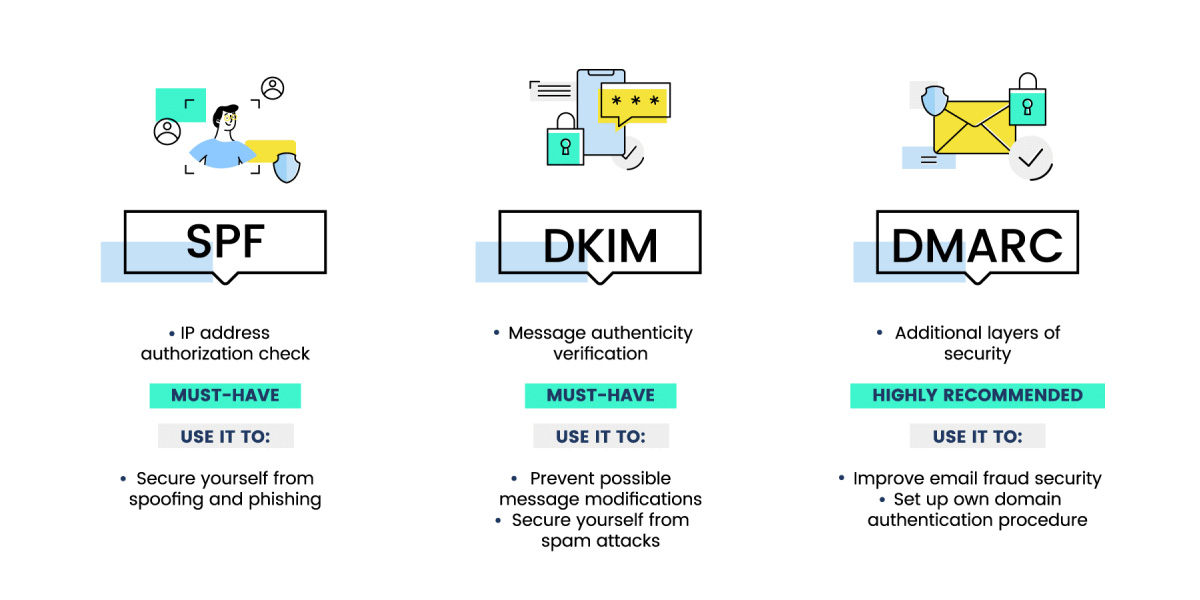
Why are These Measures Crucial?
The implementation of these security protocols by web giants like Google and Microsoft is a response to the rise in phishing attacks and email compromise attempts. By securing your domains and emails with DKIM, DMARC, and SPF/DKIM validations, you enhance the trust of your recipients and significantly reduce the risk of your communications being hijacked or falsified.
How to Implement These Security Measures?
To benefit from the protection offered by DKIM, DMARC, and SPF/DKIM validations, it's essential to correctly configure these settings for your domains and mail servers. This can typically be done by Hypno Luxo Ltd through the settings of their email service provider and with working with their qualified system administrator.
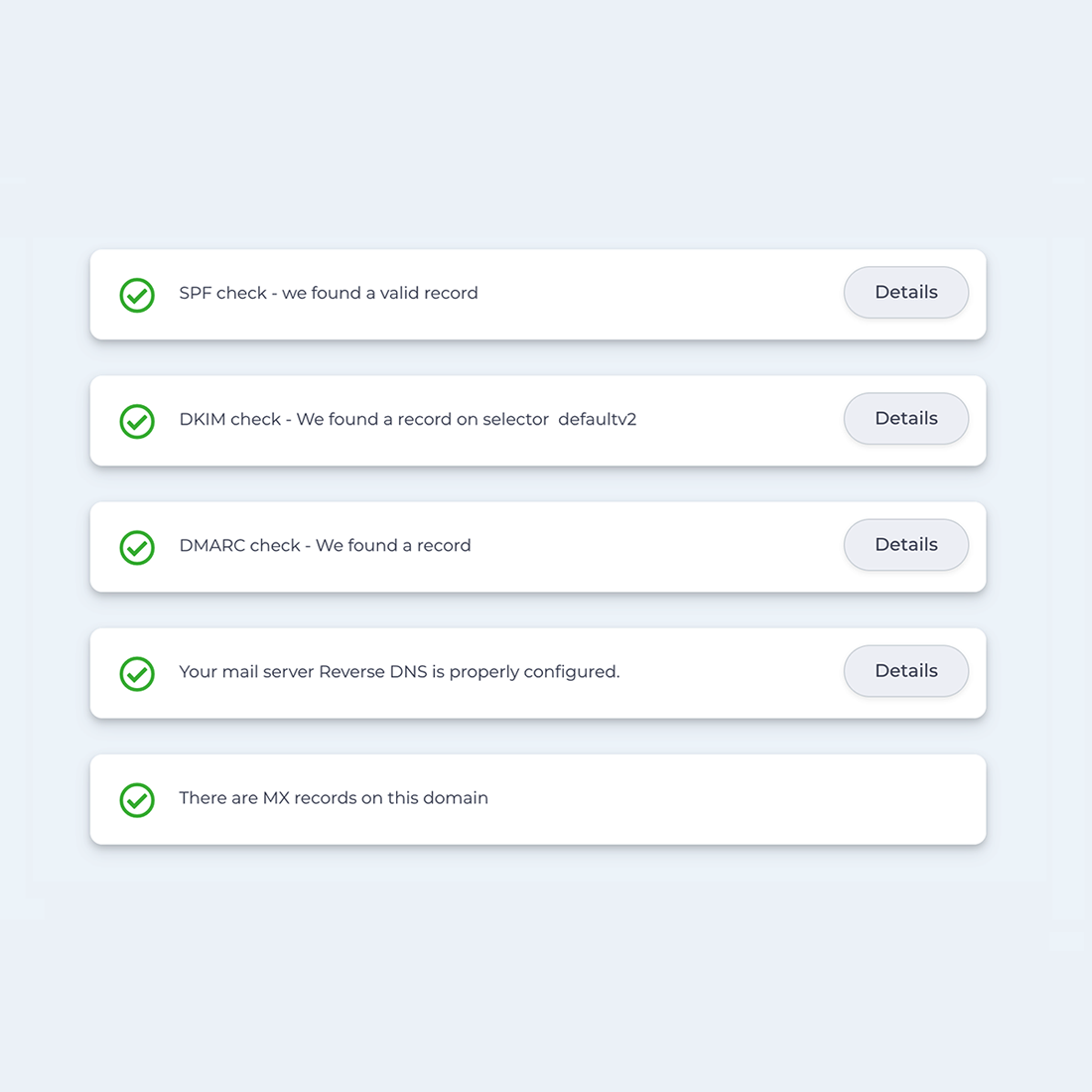
In conclusion, the security of your online communications in Mauritius is an absolute priority in today's digital world. By implementing measures such as DKIM, DMARC, and SPF/DKIM validations, you not only protect your own domain and emails but also contribute to making the internet safer for all its users.



